Global movement of 15-minute city by Prof. Carlos Moreno is the winner of OBEL Award 2021
Referred to as a hyperlocal global urban movement, the 15-minute city has been awarded OBEL Award 2021. This urban theory re-imagines cities, where all citizens have access to their daily needs (housing, work, food, health, education, culture, and leisure) within the distance of a 15-minute walk or bike ride.
According to the jury, the 15-minute city, developed by Professor Carlos Moreno and his team, is an ambitious and complex urban strategy but also a refreshingly pragmatic approach, one that is intuitive and has the capacity to deliver tangible changes in people’s lives. They acknowledge that this model has already created real, positive change in cities like Paris, Chengdu, Melbourne and Bogota.
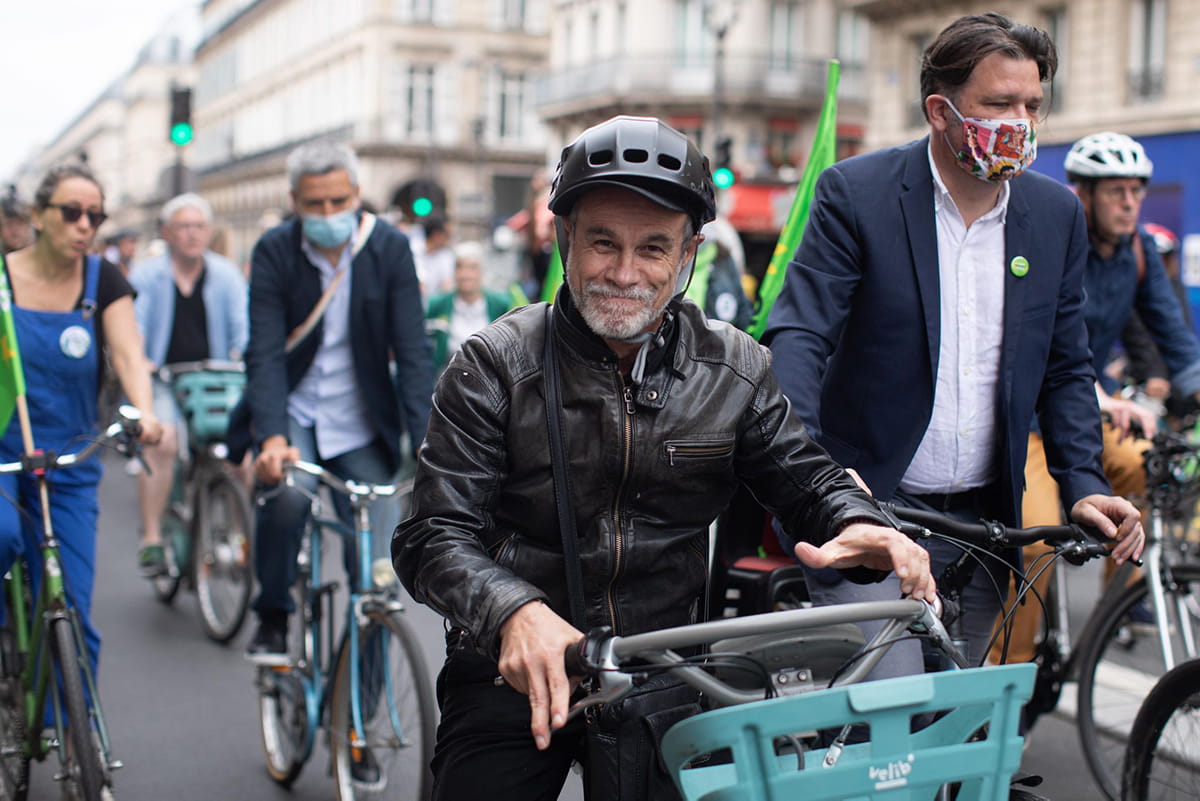
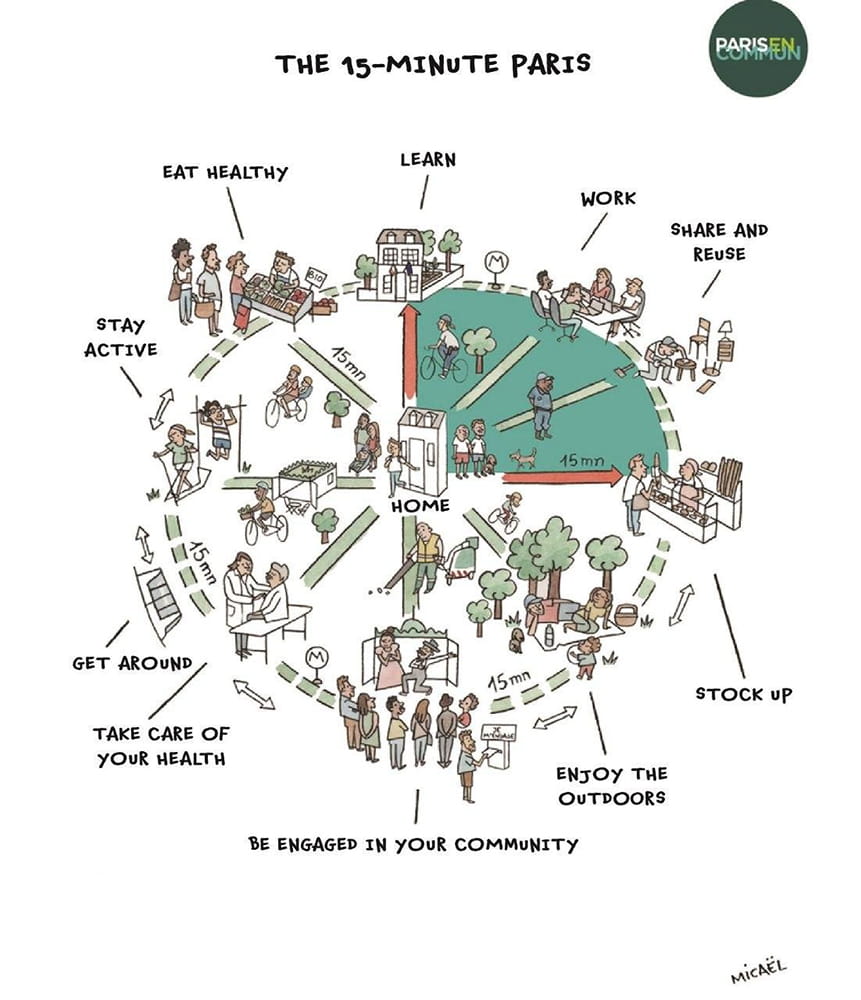
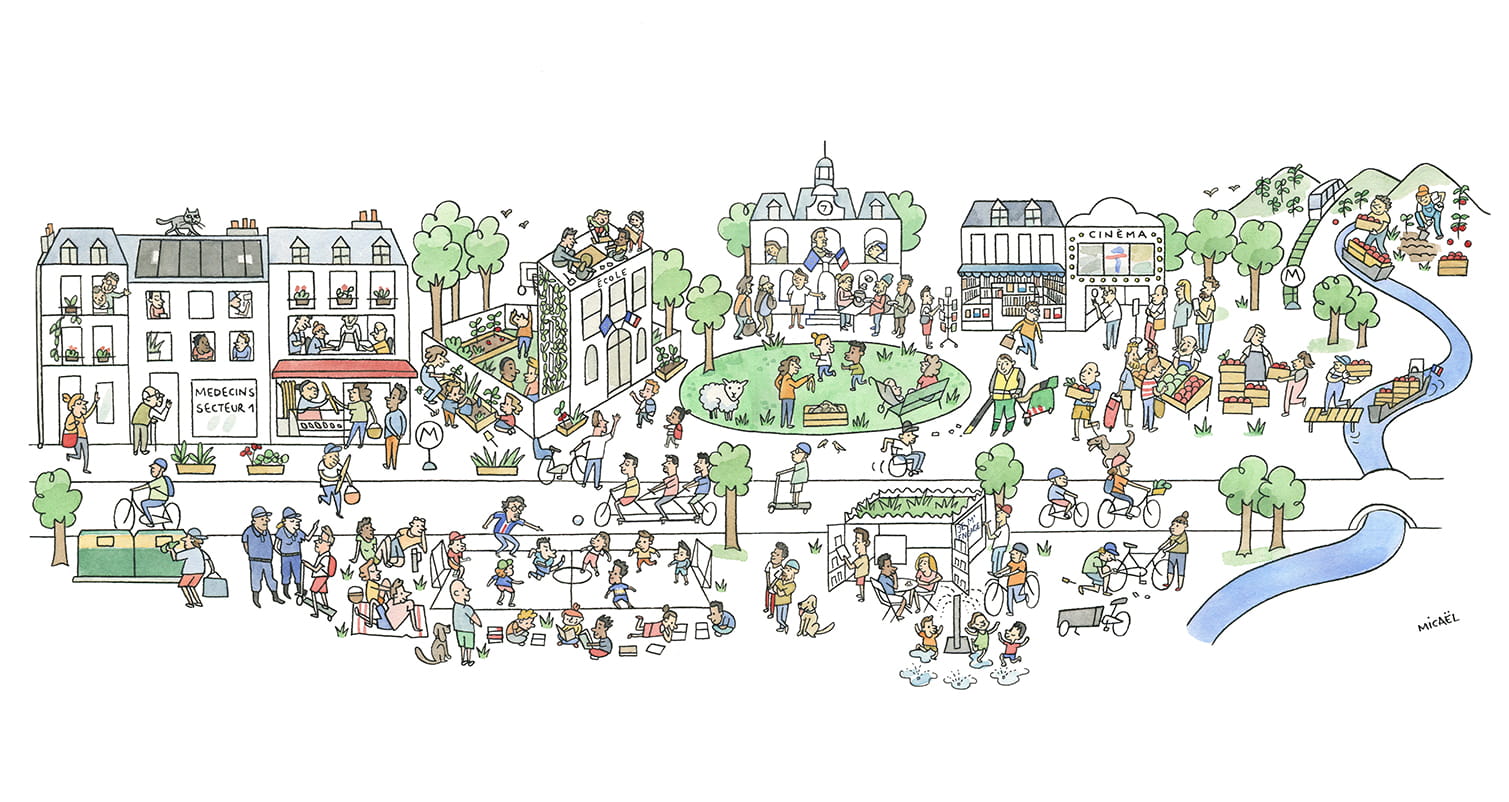
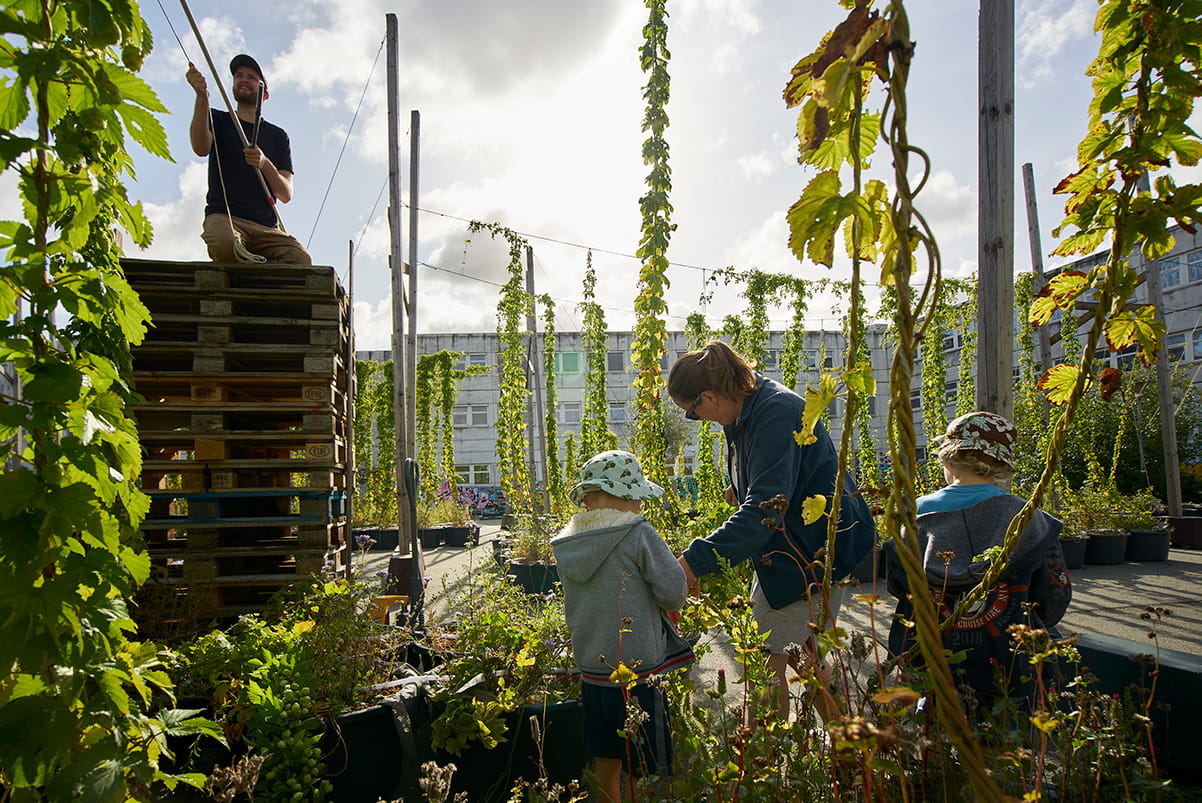
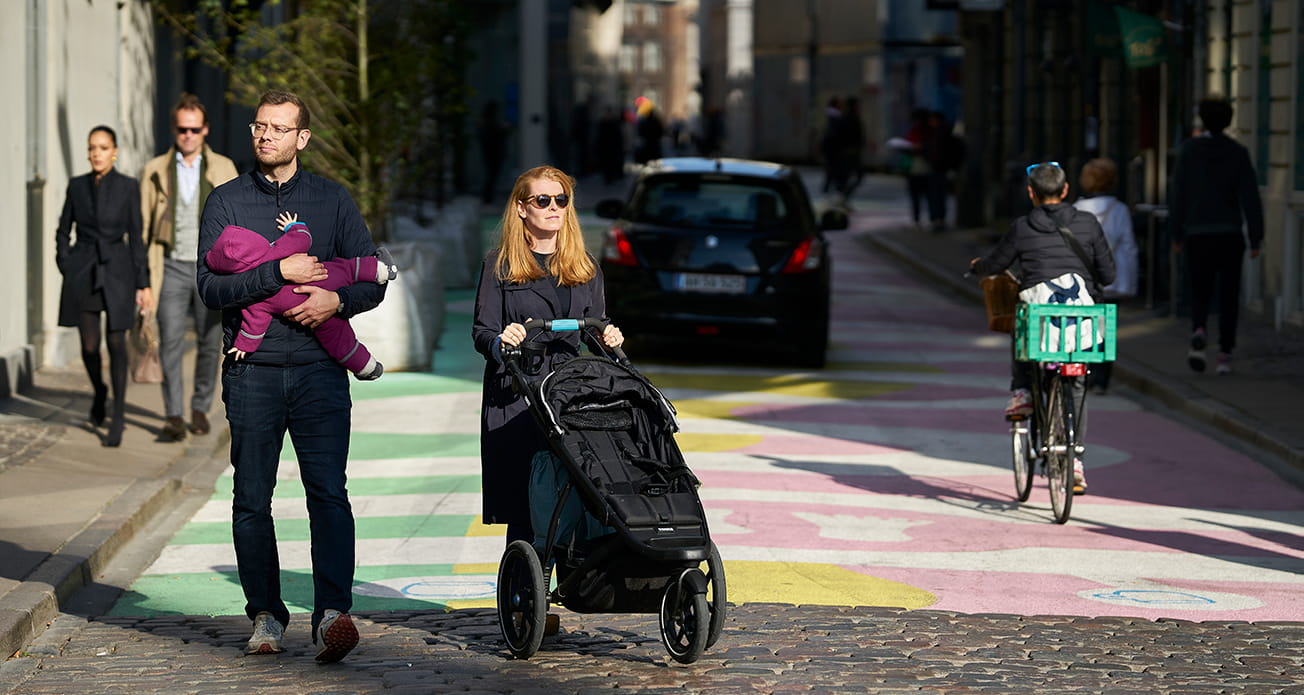
Martha Schwartz commented, “Like the two previous OBEL AWARD winners, this year’s winner is about protecting the environment and making life better for people. We are living in a time of urgency to make a change and live more efficiently. The 15-minute city addresses the need for us to rethink how our cities can be reimagined, redesigned, and regenerated for the primary benefit of people and the environment. The 15-minute city is a real step towards the future – a bold and needed perspective.”
Promoting a human-centric and sustainable urban future, the theory proposes designing cities for pedestrians and bike riders; a modal shift away from private vehicle, reducing the use of fossil fuels.
“It's funny if you think of it: the way many modern cities are designed is often determined by the imperative to save time, and yet so much time is lost to commuting, sitting in traffic jams, driving to a mall, in a bubble of illusory acceleration,” said Moreno during his TED talk.
The theory is flexible enough to be applied to existing cities or planning for the new ones. Based on universal human needs, the 15-minute city model reintroduces qualities of older cities for our contemporary lifestyle.

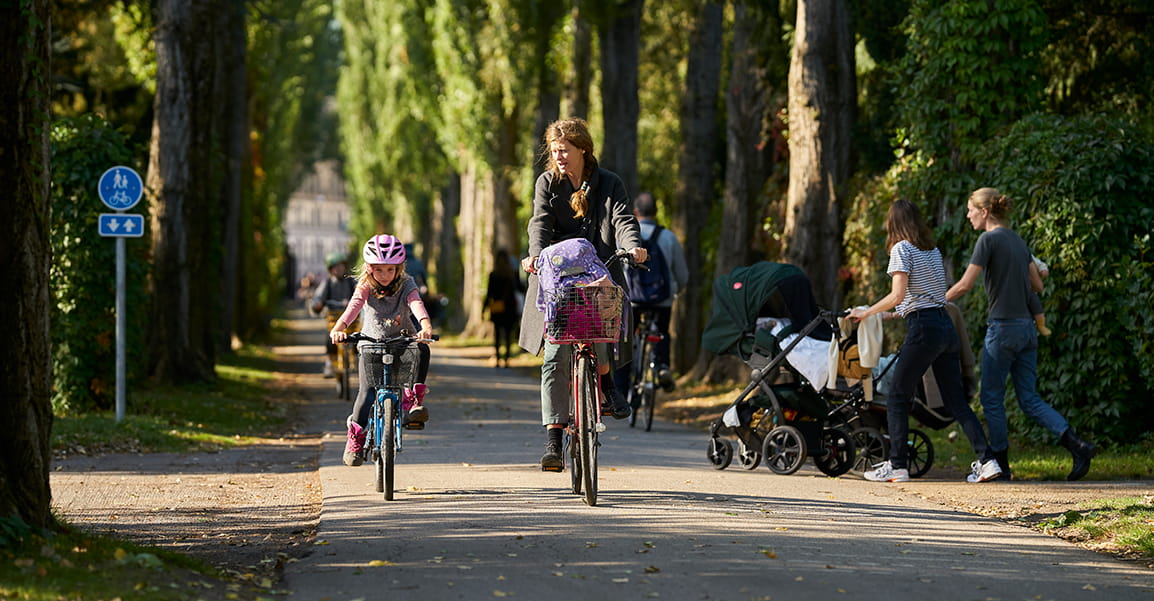
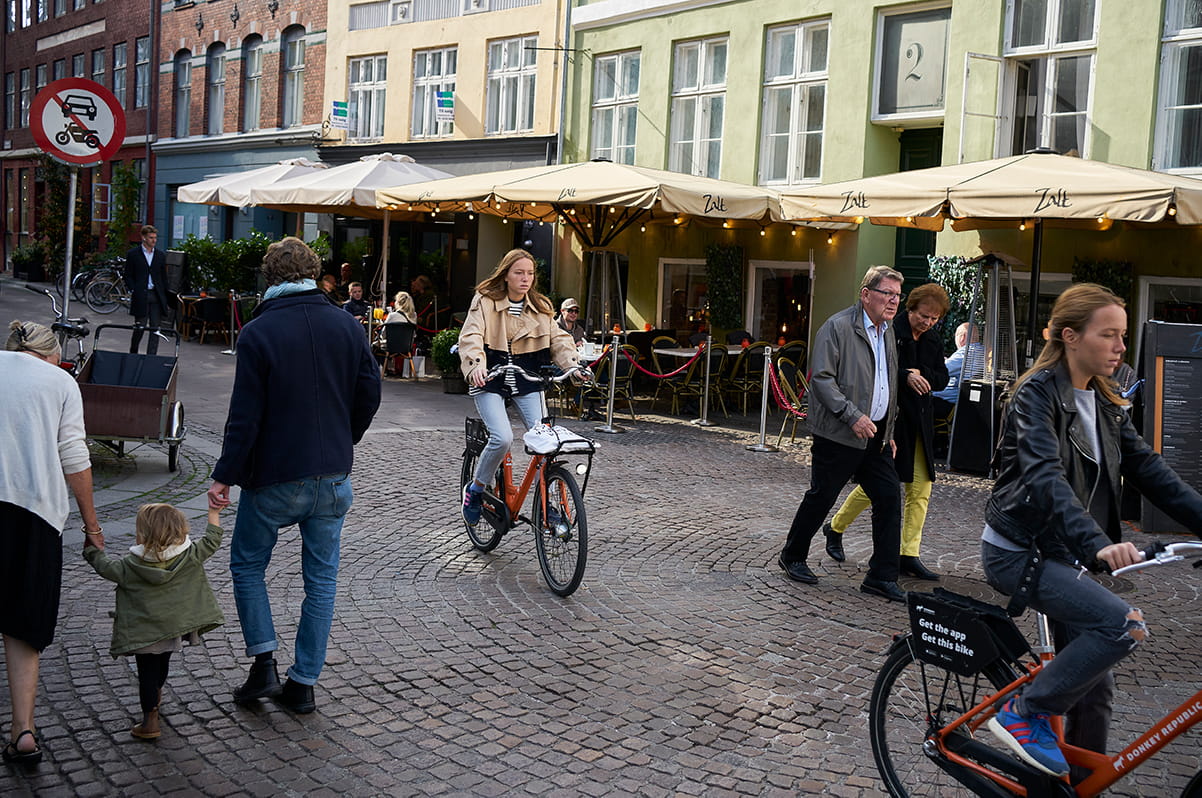
The theory differs from other similar urban theories in such a way that it responds to new challenges of climate change, COVID-19 and globalisation. In 2020, C40 Cities promotes the 15-minute city idea as a blueprint for post COVID-19 recovery.
Prof. Carlos Moreno said during his award acceptance speech, “I want to thank the jury for giving me this award. In my opinion, it is in fact a triple recognition: On the one hand, it is a recognition of my academic work, but secondly, it is a recognition of the international movement generated by the 15-minute city. And thirdly, it is a recognition of the commitment by different mayors around the world in embracing the 15-minute city.”
ABOUT CARLOS MORENO
Carlos Moreno was born in Colombia in 1959 and moved to France at the age of 20. He is a Senior University Professor, a driving force behind Paris’s 15-minute city plan, and a Knight of the French Legion of Honour.
Carlos Moreno is scientific director of the ETI Chair « Entrepreneurship – Territory - Innovation » and Associate Professor at the IAE Paris - Panthéon Sorbonne University (France).
The outstanding career of Carlos Moreno is marked by an interest in people and a passion for cities and their complexity. Deeply committed to science, progress and creativity, Carlos Moreno embraces new technology for the common good, promotes cross-disciplinary collaboration between scientific disciplines and professionals in the innovation ecosystem, and participates in debates, working groups and media interviews to disseminate and discuss knowledge.
SUBSCRIBE TO OUR NEWSLETTER



IMAGE GALLERY
SHARE ARTICLE
COMMENTS